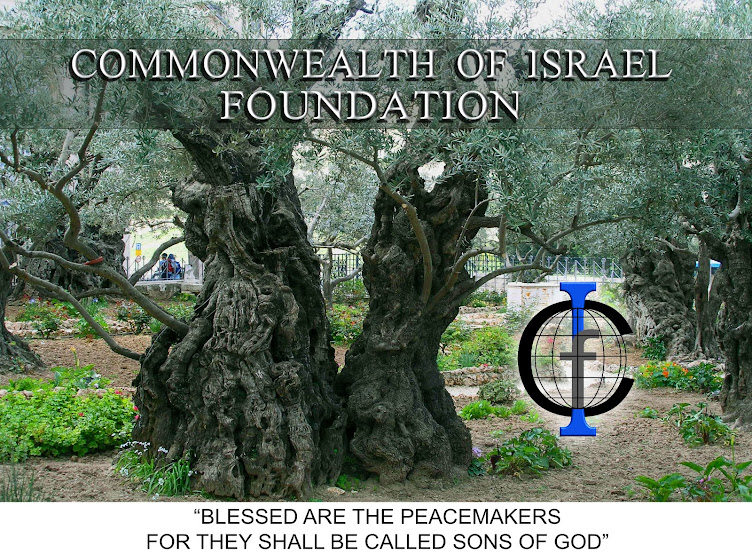 |
| Read full Newsletter here |
Read segment of article by Doug Krieger:
FROM QAHAL TO EKKLESIA
The Septuagint Version of the Hebrew Bible (cir. 200 BC) was translated by Hebrew scholars into koine Greek and was generously quoted by the New Testament writers who simultaneously used original Hebrew (into Greek) where appropriate. That is, NT writers did not quote verbatim from the Septuagint but integrated their own Hebrew into Greek where they thought it more in line with the original Hebrew text.
The fourth edition of the United Bible Societies' Greek Testament lists 343 Old Testament quotations in the New Testament, as well as no fewer than 2,309 allusions and verbal parallels.
The Septuagint (viz. LXX or “70” referring to the number of Hebrew scholars who translated the Hebrew Bible into Greek), in the main, translated the Hebrew word “Qahal” (Strong’s H6951 or Gahal) used some 123 times from the Hebrew primarily as Ekklesia — The word Qahal in English has been translated as “assembly” – “gathering” – “company” – “multitude”- “troop” – “army” & “congregation.”
Again, our immediate reflection is the prophetic multiplication or expansion of the Qahal into the Ekklesia Jesus would build and/or is now building after His earthly ministry.
When Jesus said He would build His Ekklesia in Matthew 16:18 in which the Gates of Hades would not prevail against it, He did NOT have in view the Septuagint’s “ekklesia” derived from the Hebrew “qahal.”
That “ekklesia-qahal” was restricted to the 12 Tribes of original Israel and the Levites. What Jesus had in view was more akin to the Greek understanding of what could be a “democratic assembly” which would expand the priesthood to all believers and “His people” to include what is known as the MELO-HAGOYIM -- “the multitude of nations.”
Initially, Abram would be increased to Abraham (“father of nations”); even as Sarai was increased to Sarah (“mother of nations”). (Ref. Gen. 17).
Even so, the Qahal in the Wilderness was translated into the Greek as Ekklesia (KJV translates Qahal or Ekklesia as “church” instead of “congregation” or “assembly” – Acts 7:38).
The Ekklesia can be found in Hebrews 2:22 and 12:23 wherein its description is virtually cosmic whereby it is described as the ekklesia of the firstborn – the “Heavenly Jerusalem” or the “ekklesia” in which “In the midst of the Congregation (or Ekklesia) I will praise You (Cf. Psa. 22:22).
God’s original intent or purpose is amplified by Paul in Ephesians 1 and 3: “. . . having made known to us the mystery of His will, according to His good pleasure which He purposed in Himself, that in the dispensation of the fullness of the times He might gather together in one all things in Christ . . . according to the eternal purpose which He accomplished in Christ Jesus our Lord . . . according to the power that works in us, to Him be glory in the EKKLESIA by Christ Jesus to all generations” (Eph. 1:9-11; 3:11, 20).
Eph. 2:11-12 demands the preexistence of the “Commonwealth of Israel” or citizenship in Israel: “Gentiles in the flesh . . . being aliens from the commonwealth of Israel” (“commonwealth” is translated from the Greek word πολιτεία (Strong’s G4174) meaning “polity” or citizenship as in a “community of nations.” Also, it bespeaks of the individual’s status in which a citizen stands to the state. It is used in Acts... CONTINUE READING HERE.
Subscribe to receive our newsletters in your inbox:



